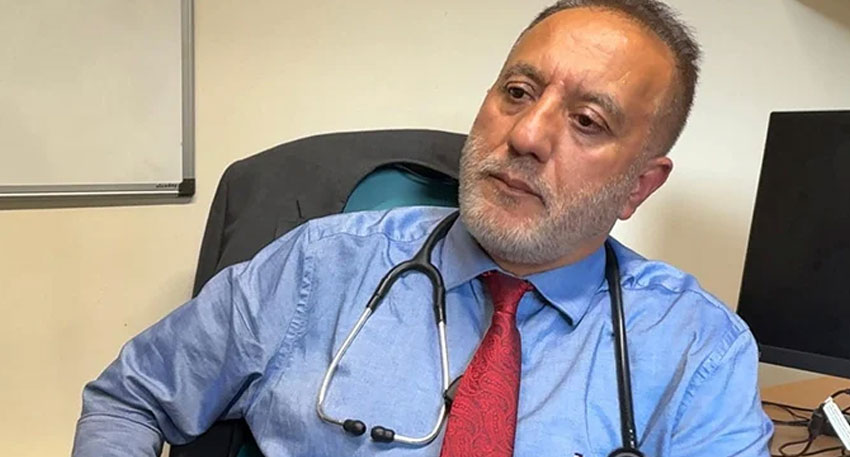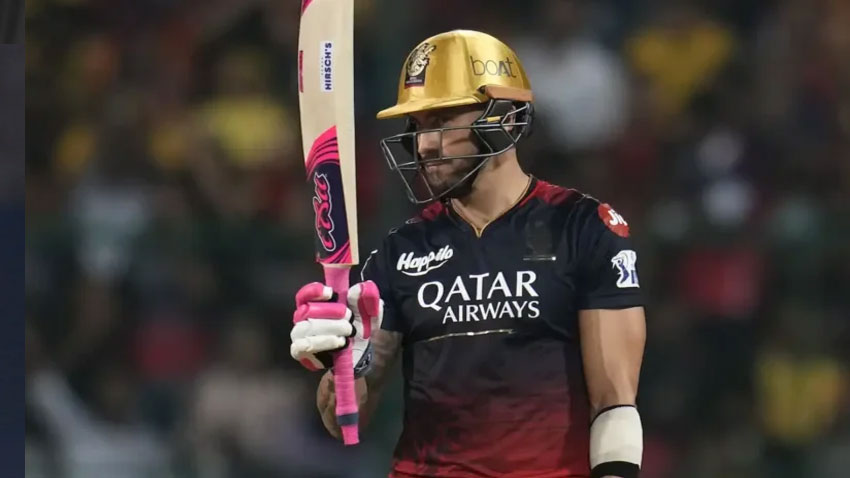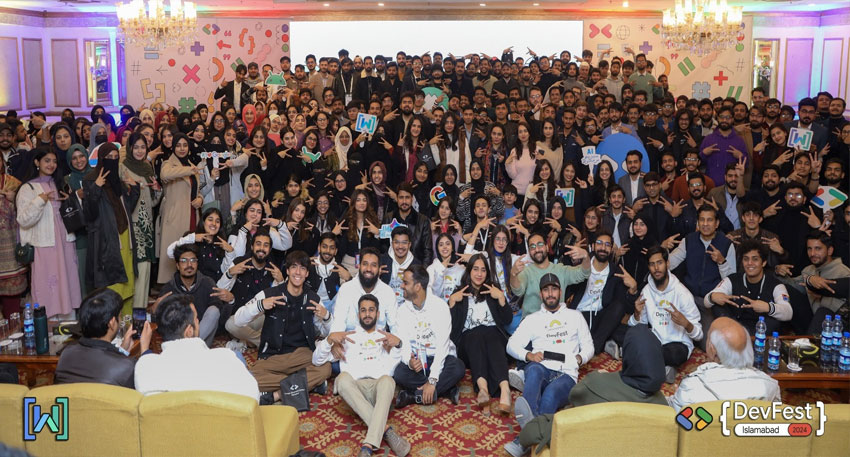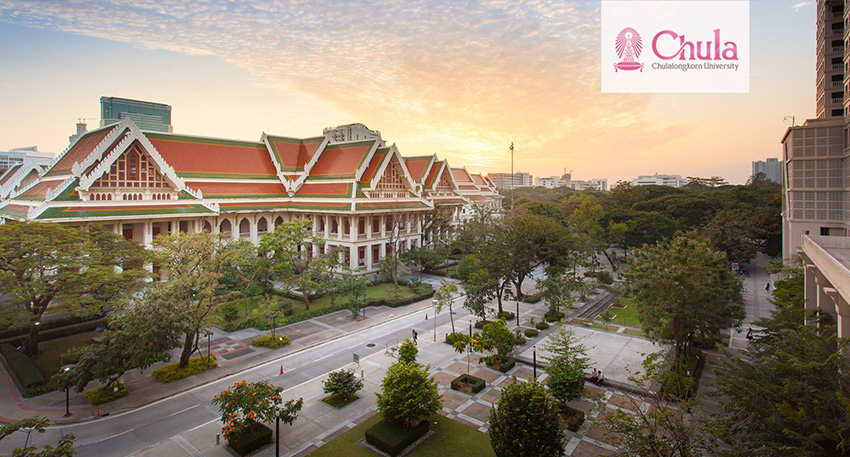
Dr. Sher Bahadur Anjum, originally from Gilgit Baltistan, Pakistan, led the treatment at Newham Hospital in East London, part of the Barts Health NHS Trust, with support from Great Ormond Street Hospital (GOSH).
The patients, aged 11 and 13, were both of Bangladeshi origin and had spent their entire lives receiving monthly blood transfusions to manage their thalassemia, a serious inherited blood disorder.
What Is Thalassemia?
- A genetic blood disorder common among South Asians, including people from Pakistan, India, and Bangladesh.
- It causes the body to produce less hemoglobin, leading to severe anemia.
- Patients often feel tired, weak, and short of breath and require frequent blood transfusions.
- The only known permanent solution has been a bone marrow transplant, which carries high risks and is rarely done due to lack of donors.
The Power of Gene Therapy:
Instead of repeated transfusions, Dr. Anjum’s team used gene therapy, which works by:
1. Taking some of the child’s own blood stem cells.
2. Inserting a healthy copy of the faulty gene that causes thalassemia.
3. Returning those cells to the patient’s body after special preparation.
The goal is to enable the body to naturally produce healthy hemoglobin, ending the need for transfusions.
The two boys were treated over a 4-week program at GOSH, after 3 months of preparation by Dr Anjum’s team, which included blood testing, vaccinations, and health monitoring.
Winning Trust Was the Hardest Part:
When Dr Anjum first spoke to the families, they were hesitant. The treatment was new, involved a long hospital stay, and came with unknown risks.
“It took almost a year of building trust, answering questions, and supporting the families before they agreed,” said Dr Anjum.
He was given a special contract to support the children throughout their journey, before, during, and after the procedure.
New Lives, New Hope
Six months later, the results are life-changing:
- Both boys no longer need blood transfusions.
- They are living normal, healthy lives.
- Their families are free from constant hospital visits for the first time.
Dr Anjum said:
“These children were once tied to hospital beds. Now they run, laugh, and dream like other kids their age.”
Key Stats
- Dr Anjum is the first in the UK to treat thalassemia patients with gene therapy.
- The patients were 11 and 13 years old.
- The treatment involved stem cell gene correction, lasting several months.
- Coordinated between Newham Hospital and Great Ormond Street Hospital.
- Thalassemia is most common in South Asian communities.
This groundbreaking achievement is more than a medical success; it’s a story of hope, resilience, and trust.
Read More: Russia develops first mRNA-based cancer vaccine ‘Enteromix’
It proves that cutting-edge treatments like gene therapy can offer real, lasting cures for chronic genetic conditions like thalassemia, especially for communities that are often underrepresented in healthcare breakthroughs.
Dr Anjum’s work not only shows what’s possible through NHS collaboration but also builds bridges of trust between medical science and ethnic minority families who may feel hesitant or underserved.
The success of these two children is likely to open doors for many more South Asian families in the UK and possibly worldwide who are searching for a permanent cure.




